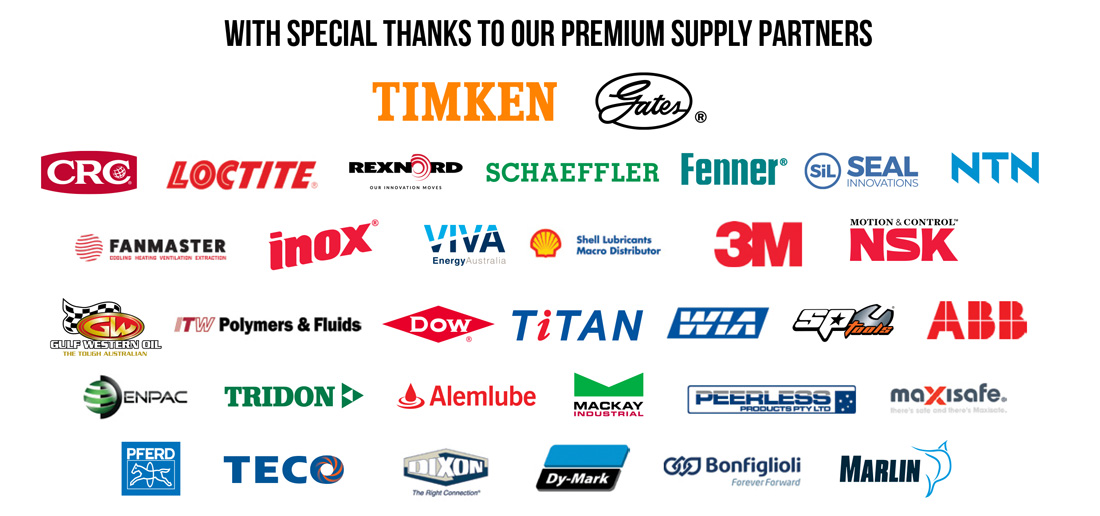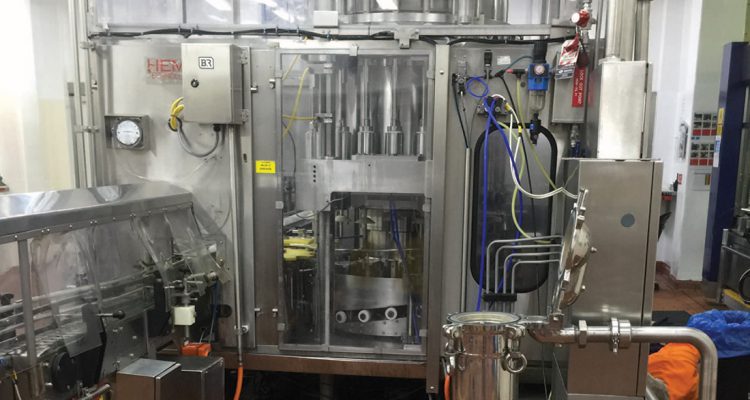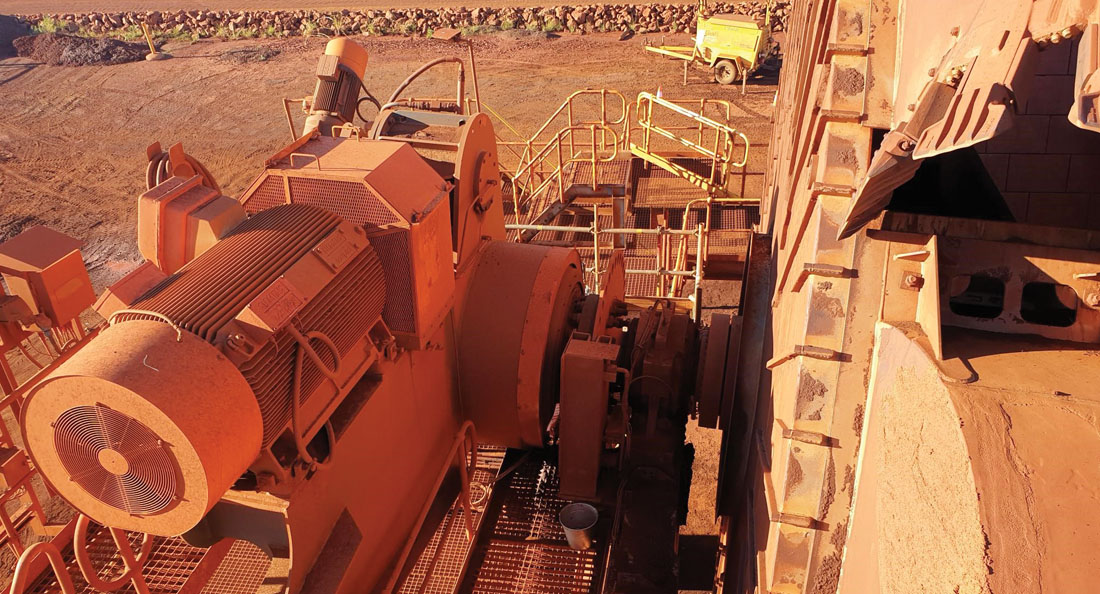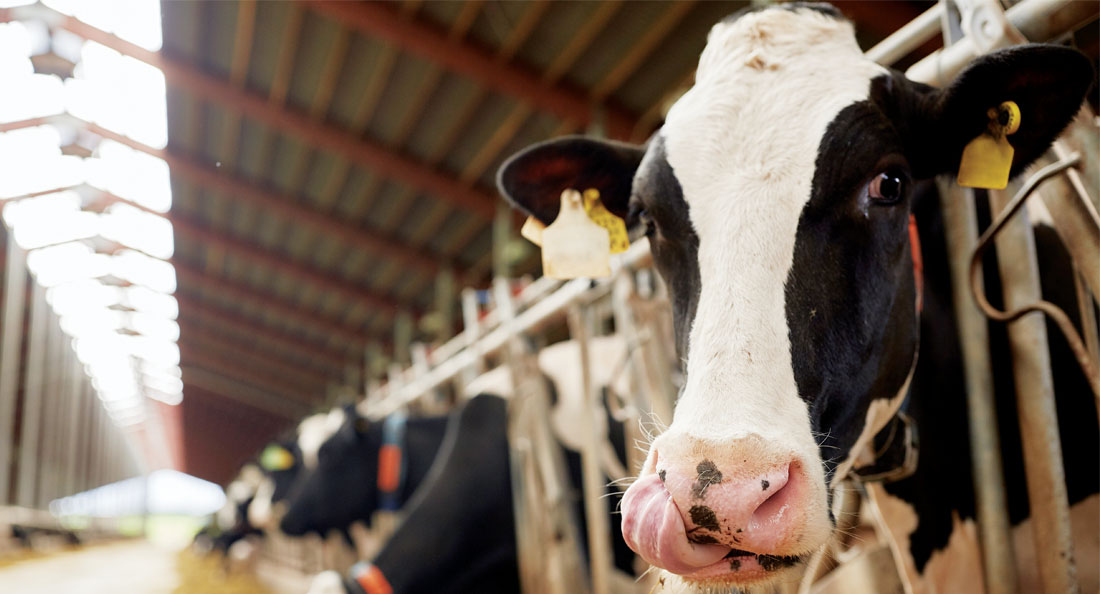Around two years ago, BSC Sales Specialist Jamie Stonehouse found himself helping one of his customers, a major food manufacturer based in Melbourne. Their filling machine that injected a breakfast product into jars tended to become very sticky due to the nature of the product and required frequent wash-downs with water and chemicals. The high exposure to moisture and detergents took its toll on the machine’s bearings, which necessitated bearing replacements every few months.
While the bearings themselves were relatively inexpensive, Jamie says the downtime from changing the bearings so frequently was more than the plant could afford.
“The bearing change-out was a massive job for the maintenance team. They entire machine had to be pulled apart and a small crane lifted the machine up to allow the service team to access the bearings inside the machine. The entire process took around 12 hours or more and since the filling machine was a key piece of equipment for the plant, the downtime led to serious delays in production,” says Jamie.
Wash-downs and keeping rolling elements working effectively has always been a key challenge in the food and beverage sector. Being rotating elements, bearings rely on good lubrication to work smoothly, but high-pressure wash-downs can flush the grease out of standard bearings, resulting in early failure. Further, if the bearings are not made of stainless steel material or if not sealed properly, they can rust easily.
The solution that Jamie provided to his customer was to replace the four standard ball bearings in the filling machine with NSK’s Molded-Oil™ deep groove ball bearings. The result: No more bearing failures over the past two years and an estimated $75,000 cost saving in just the first 18 months since the bearings were replaced.
Jamie says the cost savings were calculated based on the hours of downtime that the plant could avoid since the new bearings were installed.
“The customer is very satisfied with the outcome and has since considered replacing more bearings in their plant with Molded-Oil™ bearings,” he adds.
Dave Healey, Sales Engineer at NSK Australia, explains why NSK Molded-Oil™ bearings are ideal for situations like the one described.
“One of the key features of using NSK’s Molded-Oil™ bearings is the oil-impregnated material contained in the bearing. This solid lube makes the bearing practically maintenance-free with no further lubrication required. The porous polyolefin resin fills the free space in the bearing, giving it extra protection from contamination such as wash-down applications in the food industry like in this case. Covering the Molded-Oil™ are NSK developed ‘DU’ seals. This patented triple lip mechanism consists of two labyrinth seals and a contact seal that facilitate high sealing performance and low friction operation,” he explains.
Molded-Oil™ bearings come with more advantages, as Dave elaborates.
“With the solid lube not requiring extra grease, this creates savings in labour and grease costs, whilst also mitigating the negative environmental impacts of grease run-off. The combination of NSK’s Molded-Oil™ and exclusive seal arrangement maximises protection and ensures excellent performance under these conditions for food processing equipment,” he concludes.
“Molded-Oil™ bearings are not only great for contamination resistance but as a maintenance-free bearing they are very useful in applications where re-greasing is difficult. Meaning the bearings could be in a remote location, at height or even in a tight hard to reach position like this particular application.”




